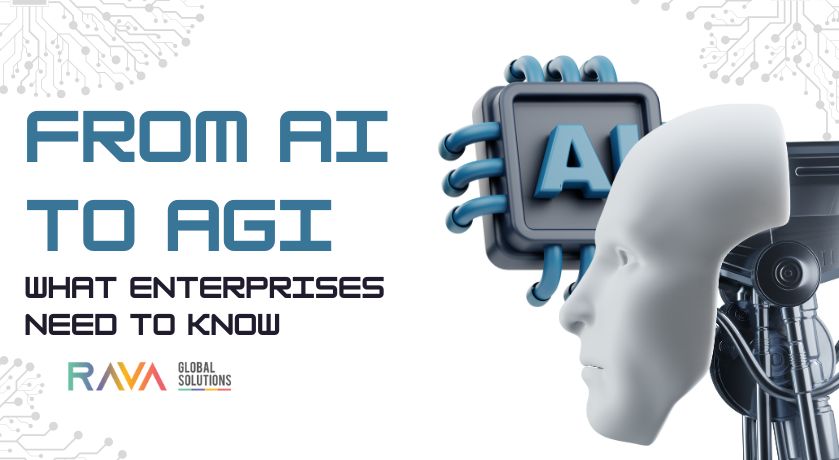As eCommerce continues to grow, businesses are increasingly turning to advanced technologies to enhance customer experiences and streamline operations. One of the most impactful innovations in this space is the integration of Artificial Intelligence (AI) with Customer Relationship Management (CRM) systems. Odoo, a powerful and versatile ERP solution, offers robust AI features that can significantly improve eCommerce CRM processes. Here’s how AI integration can transform your Odoo CRM for eCommerce:
1. Personalized Customer Interactions
AI enables Odoo CRM to analyze vast amounts of customer data, such as browsing history, purchase patterns, and behavior on the website. By using AI algorithms, Odoo can offer personalized recommendations and content to customers, much like the recommendation engines used by major eCommerce platforms. This enhances the customer experience and increases the likelihood of repeat purchases.
– Example: AI can suggest products based on a customer’s past purchases, search queries, or items frequently bought together.
2. Predictive Analytics for Sales Forecasting
AI integration within Odoo CRM allows businesses to use predictive analytics to forecast sales trends, predict customer behavior, and optimize inventory management. By analyzing historical data and external factors (such as seasonality or market trends), AI can offer actionable insights that help businesses make informed decisions about stock levels, promotions, and marketing strategies.
-Example: AI can predict when certain products are likely to sell out based on past trends, helping businesses restock in advance and avoid stockouts.
3. Automated Customer Support with AI Chatbots
AI-driven chatbots integrated into Odoo CRM can handle a wide range of customer service tasks, including answering frequently asked questions, tracking orders, and providing product recommendations. This not only improves customer satisfaction by offering instant responses but also reduces the burden on human support agents, allowing them to focus on more complex queries.
– Example: A chatbot can automatically respond to inquiries like “Where is my order?” or “Can you help me find a product similar to this?”
4. Enhanced Lead Scoring and Conversion
AI can help improve lead management in Odoo CRM by automating the lead scoring process. By analyzing interactions, behaviors, and engagement levels, AI can assign scores to leads based on their likelihood to convert. This enables sales teams to prioritize high-value leads and tailor their outreach efforts for better conversion rates.
Example: AI can score leads based on criteria like website visits, abandoned cart behavior, and email open rates, allowing the sales team to follow up with the most promising prospects.
5. Dynamic Pricing Strategies
AI-powered dynamic pricing tools can analyze competitors’ prices, demand fluctuations, and other external factors to adjust pricing in real-time. With Odoo CRM, businesses can implement dynamic pricing strategies that optimize revenue while maintaining competitiveness in the market.
Example: AI could increase the price of a product when demand spikes, or offer discounts on slow-moving inventory to move it faster.
6. Advanced Segmentation and Targeting
AI in Odoo CRM can segment customers based on a variety of factors such as demographics, purchase behavior, and engagement level. This enables businesses to target specific customer groups with tailored marketing campaigns and offers, improving the effectiveness of email marketing, promotions, and advertisements.
-Example: AI can identify customers who haven’t purchased in the last 30 days and trigger automated re-engagement emails with personalized offers to bring them back.
7. Customer Sentiment Analysis
By integrating AI-powered sentiment analysis tools, Odoo CRM can monitor customer reviews, social media posts, and other feedback channels to gauge the sentiment of customers toward the brand, products, and services. This allows businesses to take proactive measures to address customer concerns and improve satisfaction.
– Example: AI can flag negative customer feedback automatically, enabling quick resolution and preventing damage to the brand’s reputation.
8. Improved Workflow Automation
AI can automate routine tasks within Odoo CRM, such as sending follow-up emails, updating customer records, or generating reports. This reduces the manual effort required by employees and ensures that tasks are completed on time, helping businesses operate more efficiently and reducing the risk of errors.
Example: AI can trigger automated emails after a customer makes a purchase, thanking them and asking for a review, all while updating their status in the CRM system.
9. Fraud Detection and Prevention
AI can play a critical role in identifying suspicious activity and preventing fraud in eCommerce transactions. By analyzing purchase patterns and customer behavior, AI can flag unusual activities, such as multiple orders from the same IP address or a sudden change in purchasing patterns, which may indicate fraud.
Example: If a customer makes a large purchase shortly after creating an account, AI can trigger an alert for manual verification to prevent fraudulent transactions.
Conclusion
AI integration in Odoo CRM for eCommerce represents a significant opportunity for businesses to enhance customer relationships, streamline operations, and boost overall performance. From personalized marketing and predictive analytics to automated support and dynamic pricing, AI can transform the way eCommerce businesses manage their customer data and processes. By leveraging Odoo’s AI capabilities, companies can stay ahead of the competition, provide superior customer experiences, and make data-driven decisions that drive growth.









